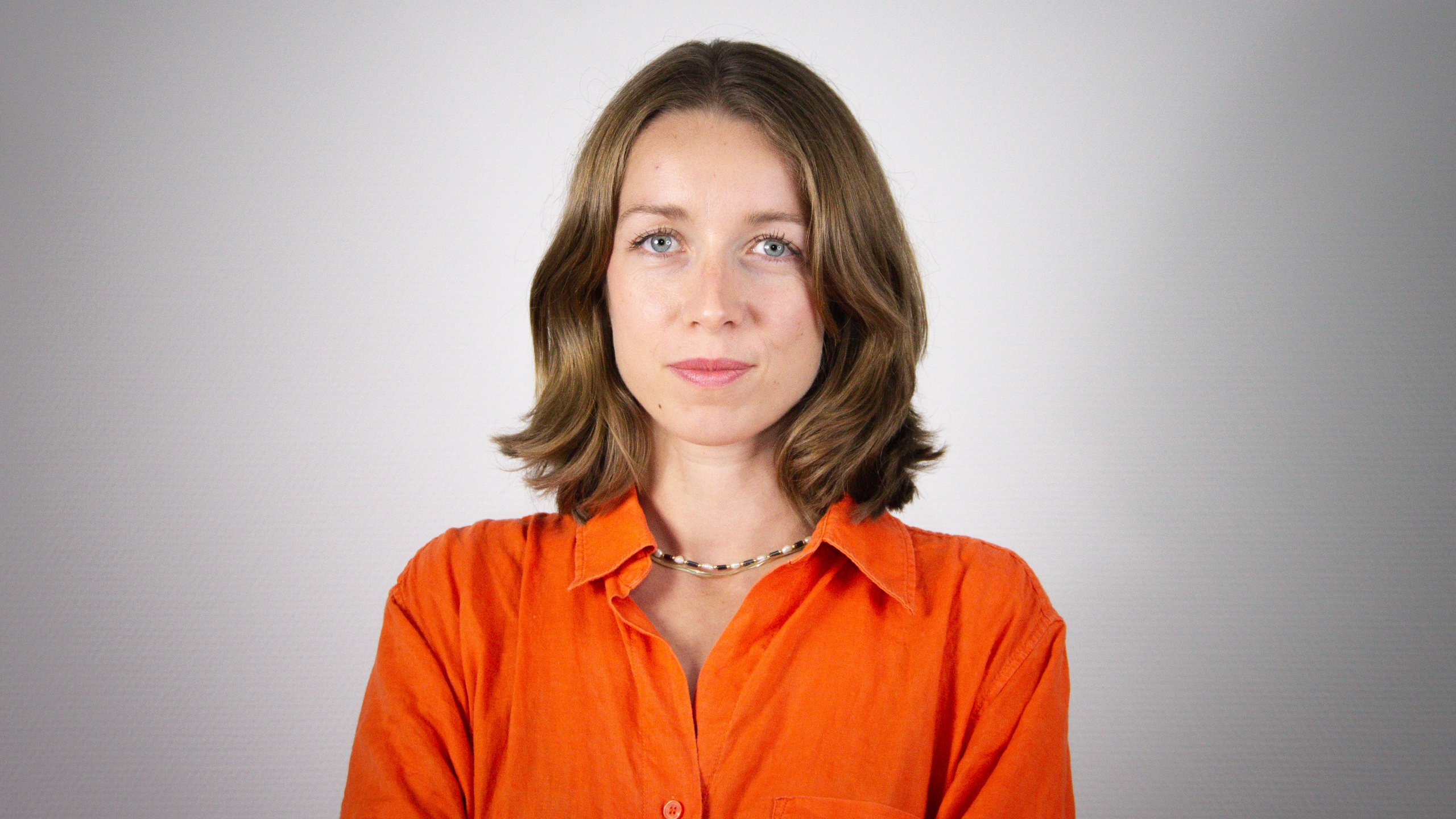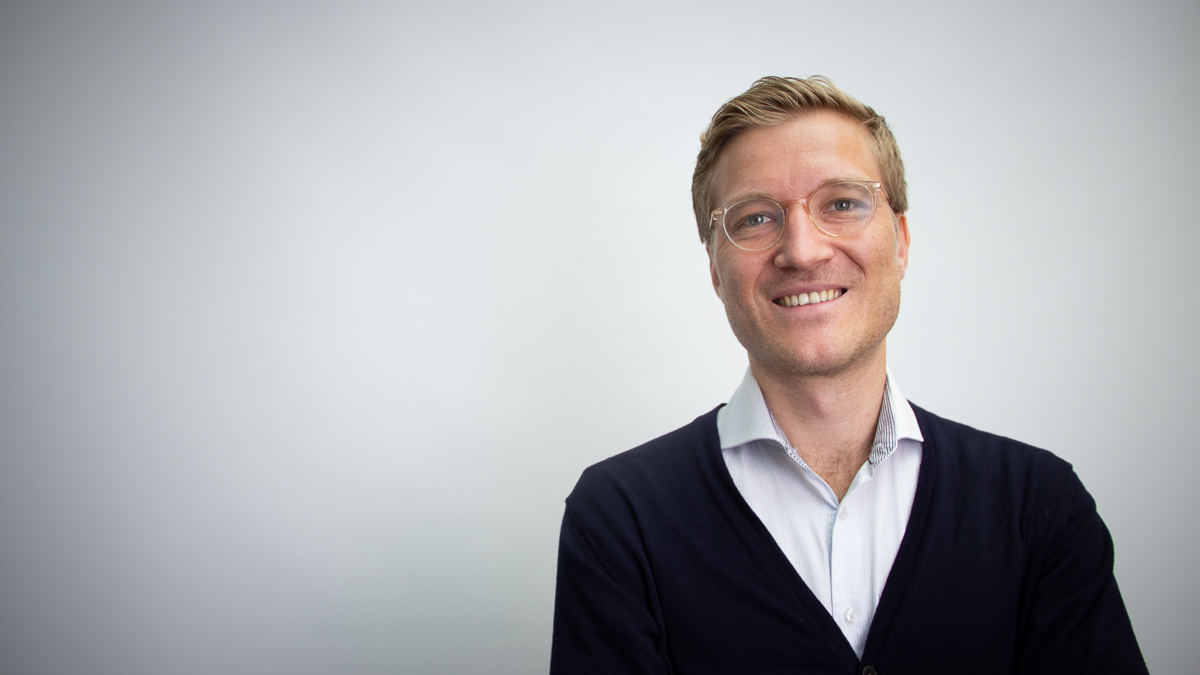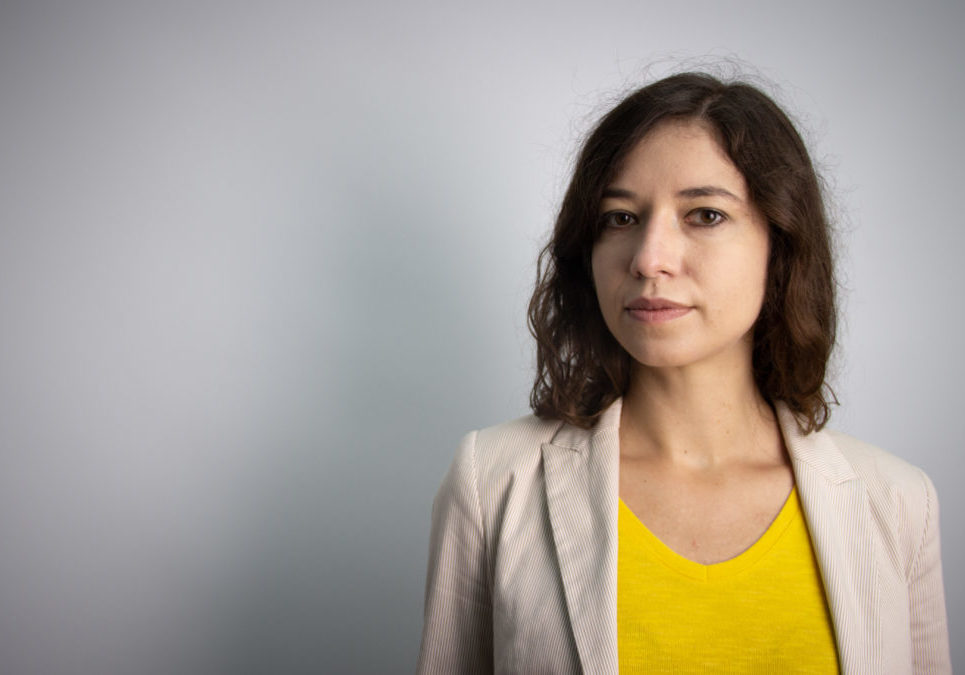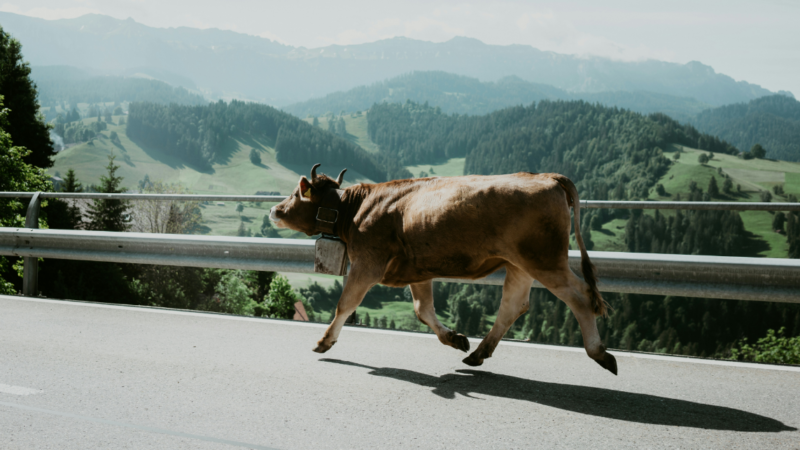Making sense of our connected world
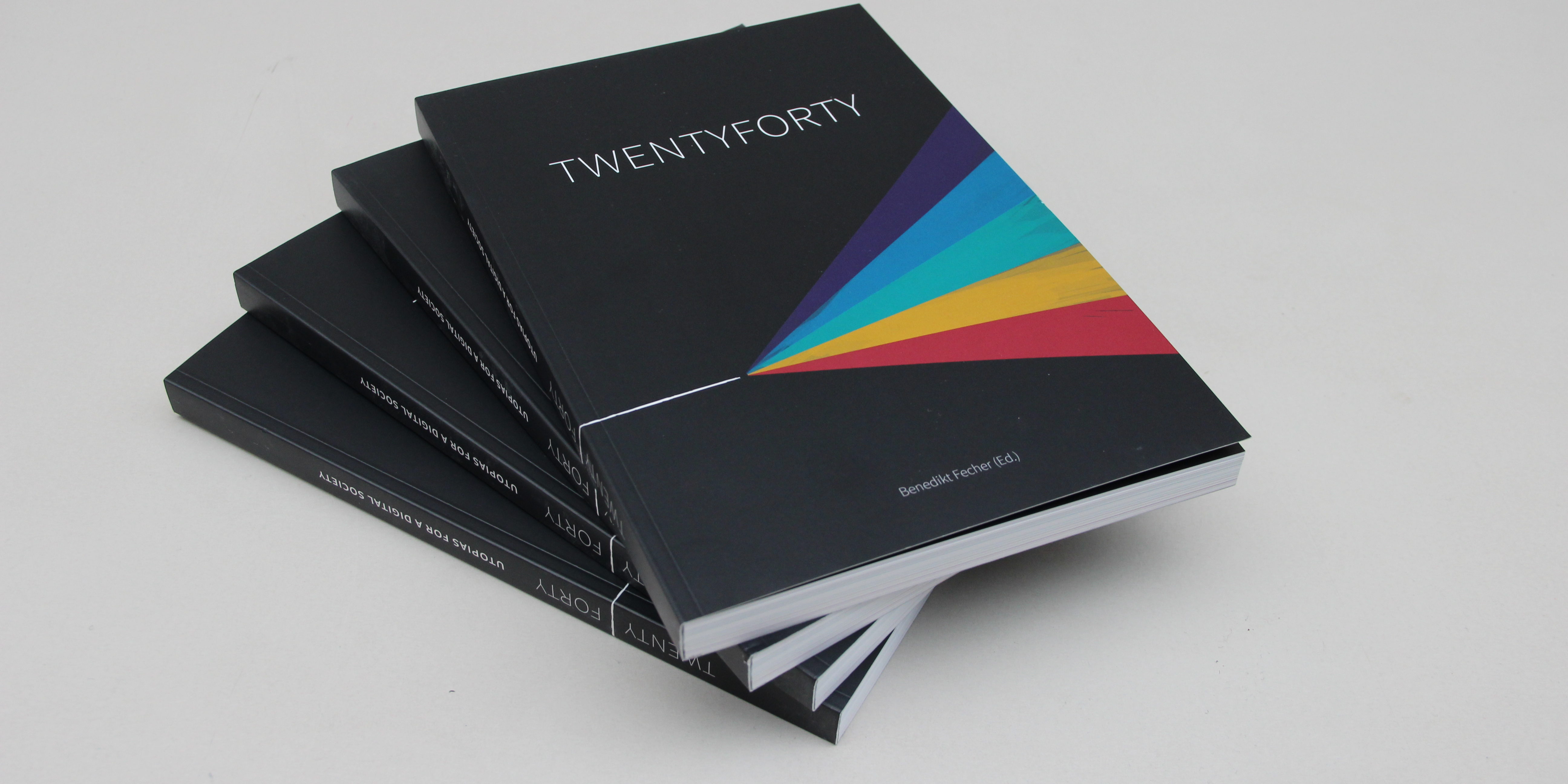
An Unlikely Experiment
“We live in interesting times. As much as we may fear what lies ahead, looking away will not be the answer. There’s no time for looking back but there are different ways of looking ahead.” This quote from our book twentyforty – Utopias for a Digital Society is more relevant than ever. We now regularly publish selected chapters here to make it easier for you to stay at home.
A Foreword by Benedikt Fecher, Bronwen Deacon, Timothée Ingen-Housz, and Nataliia Sokolovska
On a rainy morning in May of 2019, we set off to Klein Glien, a small village an hour’s drive from Berlin. On board of our bus were thirteen researchers from all over the world. Women and men, who had resolved to spend the next four days crafting their own personal utopias for tomorrow’s digital society. We had invited them after selecting their entries into our essay competition twentyforty. Our goal for the next few days was to help them turn their burgeoning ideas into stories that would entertain wide audiences and explore possible futures for the digital society.
The old manor house in Klein Glien, with its squeaky floorboards, wood -burning stove, and sauna barrel in the garden, is certainly not a regular workplace for researcher. It is secluded from the hustle and bustle of the big city and is located in the middle of nowhere, at the foot of the second- highest mountain in the state of Brandenburg (standing a full 200 meters tall). This is where the writing camp took place. It is an almost absurd place for thinking about the future in superlatives, but actually turned out to be the perfect environment to do just that. It is a place that invites you to leave the constraints of the present behind and to let your imagination bloom.
We had no expectation of what would happen over the next few days, besides our hope that thirteen stories would come to life. That’s what twenty forty is: an experiment without a hypothesis. An experiment that is unlikely to succeed. Why? You have to know, dear reader, that as a researcher, you follow two rules:
RULE 1: DON’T TALK ABOUT THE FUTURE.
Uncertainty is an important scientific virtue. Dealing with this uncertainty is also one of the basic components of communicating research outputs. No form of knowledge is ever final and can always be subjected to doubt. No result is the ultimate wisdom. This insight, which is at the core of the great philosopher of science Karl Popper’s critical rationalism, is a condition under which almost every researcher works. As a result, researchers are good at making sense of the past and criticizing the present. The future— emblematic of uncertainty—is often not the main business of academics. It may be this very ethos that has contributed to researchers struggling with a new kind of mission: contributing actively to a sustainable future.
Researchers are increasingly expected to translate their knowledge into accessible narratives, to explain complex issues in understandable images and words, and to generate actionable knowledge that others can relate to. It comes as no surprise that Fridays for Future, the global student movement demanding action on climate change, is turning to science. Its figurehead Greta Thunberg is constantly calling on politicians and business leaders to listen to the scientists. Rarely before have researchers been in the spotlight so prominently. They are asked to play a more active role in the creation of the future, a task that is challenging for them because they cannot know the future for sure. Formulating future scenarios can challenge their self-image.
This prompts a seemingly obvious question that only people not working in research may dare to ask: why should it be unscientific to think about the future? If you ask us, this question is perfectly reasonable. Why shouldn’t we be allowed to take a critical scientific stance in thinking about the future? There is no contradiction in being scientific and turning towards the future—towards what is not yet known. Wouldn’t it be scientific, in the best sense of the word, if researchers examined utopias and investigated, with the best available knowledge, why they cannot become true? Using those results, we could create the best possible world. A Karl Popper turned toward the future. We would have a sort of prospective method of falsification that would turn peer review to peer preview.
With twentyforty, we decided to risk it and turn it into an experiment. We wanted to encourage researchers to confront the paradigm of uncertainty and engage creatively with potential futures of the digital society. We wanted to set an example of prospective falsificationism.
RULE 2: DON’T TELL STORIES.
There is yet another, much more profane reason why twentyforty was an experiment unlikely to succeed. Researchers do not tell stories for a living. In fact, they’re not even used to talking to people who are not researchers. Their target group is, well—other researchers. They even prefer speaking exclusively to those researchers working in their own domain. They court recognition through articles published in magazines that are almost exclusively read by their peers. The more likes (citations) researchers get for their articles, the more of a researcher they get to be. The decisive impact researchers strive for is a scholarly impact, not a societal one.
If we expect researchers to be involved in society, we need them to be able to translate their findings into a language that is accessible to the hearts and minds of those who cannot afford to engage with their research. Nobody else can do it for them. Nobody taught them. It’s not enough anymore for researchers to be fully immersed in their object of enquiry; they need to develop a way of speaking that makes their work and tools relevant to others—to the world we are all co-creating with our words and deeds. It’s about finding the images, the characters, the voices, and the cues leading others toward the treasure island, in order for them to see, hear, think, and feel what tomorrow may be made of. In academia, only few are equipped with the right tools and the desire to do just that.
Writing stories, of course, makes our authors vulnerable because they leave behind everything that is familiar to them. They entertain assumptions, they fill in the gaps, they speculate, and they exaggerate. They have to be brave enough to invent something new. These thirteen stories are not just about any kind of utopia—they are written by researchers who had to break free from the “peer prison” in order to think beyond their regular horizons, visualize another public, develop another language, and construct another form of argumentation. In other words, these are researchers who embrace their storytelling mission because they want to let us see beyond the obvious and apprehend unforeseeable societal implications. They are researchers who transport us into a speculative tomorrow only they can grasp due to the privileged vantage point of their own research.
We didn’t just want researchers to think about the future. We also challenged them to develop their own language for telling stories. A contradiction, a dilemma, a problem—something to wrestle with. A truly unlikely experiment.
BENDING THE RULES
Rules are there to be challenged. This, as Popper teaches us, is what it means to be strictly scientific. Nevertheless, these two (remarkably stupid) rules persist in academia and it takes a certain degree of courage to bend them. The members of our group came from remarkably different backgrounds: a digital geographer, a computer scientist, two communication scientists, four legal scholars, a dementia researcher, three political scientists, and an educational researcher. There were authors from ten different countries, united by their desire to shed light onto the mysteries of a digital world to come.
Take, for instance, Claire, a legal scholar specializing in children’s online privacy, or Mark, a geographer exploring how maps reflect and reproduce digital inequalities. There is also Preeti, who researches biometric authentication failures in the Indian public distribution system (PDS). None of them were professional storytellers. They all took a leap of faith. Our authors had to leave behind the comfort zones of their scientific framework to develop stories that would make their knowledge and assumptions come alive in the mind’s eye of their future readers. The authors had applied for twentyforty in five different categories that each depict social developments in their broad outlines. These categories constitute the chapter structure of this volume, even though the stories naturally exceeded their assigned scope.
In the chapter, “Love,” we discover various scenarios exploring how human relationships become entangled with technology. In “The End of Feelings,” Kamel Ajji explores how humans tolerate, challenge, and confront the algorithms that govern their choices and perceptions. We follow the main character’s struggle in deciding whether he should join a dating service or not. As the story goes on, we gain new perspectives on algorithmic matchmaking and its consequences for individual freedom and our concept of love. Burkhard Schafer’s “Digital Pharaohs” is a short play for the stage featuring a young couple living in a society determined by AI. The inhabitants of his world routinely train AI systems by feeding them with their personal preferences, ethical commitments, and normative inclinations. They do this in hopes of leaving behind a “legacy AI,” which is a remote presence trained to guide and advise the next generation.
In the following chapter “Live,” the authors imagine what our daily lives will look and feel like in 2040. In “Everyone is a Narcissist Together,” Robin Tim Weis foresees visits to the bathhouse becoming a constitutional human right. Due to the rapid advances in artificial intelligence (AI) and the resulting reduction of the working week to fifteen hours, humans overcome the long-held compulsion to view time in terms of productivity and allow new dimensions of self-experience to unfold. In her short story “Living in Togedera,” Ruth Bartlett pictures a society in which care homes for the elderly have become obsolete and senior citizens who need round-the- clock care can stay at home thanks to robots. Preeti Mudliar’s short story “In Mangal’s New World” invites us to discover the struggles of marginalized communities who are vulnerable to top-down technological diktats. Mangal’s rebellion ushers in a long-lasting socio-technical revolution that changes the way people live in 2040.
The following chapter, “Learn,” centers around educational questions. How will we teach and learn in the future? Grif Peterson’s piece, “Something I Noticed,” is a series of thirteen email threads dated between April 10 and May 9, 2040. Written in the form of a stylized leak, they reveal the internal sabotage of the largest US educational corporation, Kuneco. In her collection of short stories titled “The Translators,” Viviane Dallasta explores how values like autonomy, responsibility, and creativity will be rescued and empowered in a technology-savvy world. In his essay “Academic Complexity: A Sketch of the Next University,” Dirk Baecker looks back at the history of the university in order to design a blueprint for a new type of future institution that is designed to navigate various kinds of complexities rooted in practical, emergent, real-world-oriented situations.
The chapter “Work” presents stories that speculate on the nature of the future of our working lives and which forms of societal organization they may produce. In “From Dark Roots to Shared Routes,” Emma Beauxis- Aussalet explores a future in which Natural Language Processing (NLP) technologies, formerly used to manipulate people through commercial and political campaigns, are being repurposed for the greater good. Mark Graham’s “Platform Socialism” follows the lives of three ravers in three distinct moments in the evolution of the platform economy. Their desire for freedom initiates the beginning and accelerates the downfall of corporate power.
The authors contributing to the chapter “Rule” explore what policy- making may look and feel like in the future. Isabella Hermann’s short story “The Manifesto” shows us how far AI has progressed in the year 2040. An entry in the official “European Political Information Service” reveals that it will no longer be used to augment or improve human life but to de- optimize it. Claire Bessant’s piece “What Would You Rather Be: A Privacy Have or a Privacy Have-Not?” discusses the concept of privacy in times of ubiquitous technology and social media. In her diary-like narrative form, she envisions a world in which privacy has created a wealth gap that divides society into two distinct factions (Privacy Haves and Privacy Have-Nots). In his story “Operation Beyond Fun,” Gianluca Sgueo speculates what effects changes in game design might have on participatory democratic processes.
BEYOND THE BOOK
We live in interesting times. As much as we may fear what lies ahead, looking away will not be the answer. There’s no time for looking back but there are different ways of looking ahead. We want to be able to peer into the distance with different eyes—indeed with new eyes, with eyes that can see things we would never be able to decipher otherwise. These are eyes we would like to borrow because they’ve looked at things no one else has deemed worthy of looking at. In other words, we want the eyes of a researcher.
The authors of twentyforty remind us what utopian scientific writing ought to be. Not just in its epistemological contestability but also in its communicative undertakings and in its relentless effort to spread, communicate, and share the transformative potential of research and technology for society—utopian scientific writing does this in both the good sense and the bad. It often begins with the desire to manifest itself in the form of fables, stories, visions, allegories, anecdotes, and poems. All of these are previews of a different tomorrow.
The end result is this book that is not actually a book. It’s a collection of thirteen extremely different stories. Thirteen utopias? Certainly not. Almost all of these visions arise from a moment of concern or critical reflection. Some stories even have dystopian traits. Yet in every single one of them, there is a spark of hope. And most importantly: they will all make you think. This is what the experiment may have managed to show—that the future is not unthinkable.
Did the experiment succeed? You decide.
ABOUT THE AUTHORS
Benedikt initiated twentyforty as head of the research program Knowledge and Society at the Alexander von Humboldt Institute for Internet and Society.
Bronwen is a research assistant at the Alexander von Humboldt Institute for Internet and Society in the research program Knowledge and Society. She functioned as project manager for twentyforty.
Timothée is a professor at the Berlin University of the Arts, where he teaches audiovisual conception and dramaturgy in the Department of Communication in Social & Economic Contexts. He joined twentyforty as a creative writing coach and has accompanied the project ever since. Nataliia is a researcher and project manager in the research program Knowledge and Society at the Alexander von Humboldt Institute for Internet and Society. She was part of the twentyforty team from the beginning.
Nataliia is a researcher and project manager in the research program Knowledge and Society at the Alexander von Humboldt Institute for Internet and Society. She was part of the twentyforty team from the beginning.
This post represents the view of the author and does not necessarily represent the view of the institute itself. For more information about the topics of these articles and associated research projects, please contact info@hiig.de.

You will receive our latest blog articles once a month in a newsletter.
Research issues in focus
Escaping the digitalisation backlog: data governance puts cities and municipalities in the digital fast lane
The Data Governance Guide empowers cities to develop data-driven services that serve citizens effectively.
Online echoes: the Tagesschau in Einfacher Sprache
How is the Tagesschau in Einfacher Sprache perceived? This analysis of Reddit comments reveals how the new simplified format news is discussed online.
Opportunities to combat loneliness: How care facilities are connecting neighborhoods
Can digital tools help combat loneliness in old age? Care facilities are rethinking their role as inclusive, connected places in the community.
